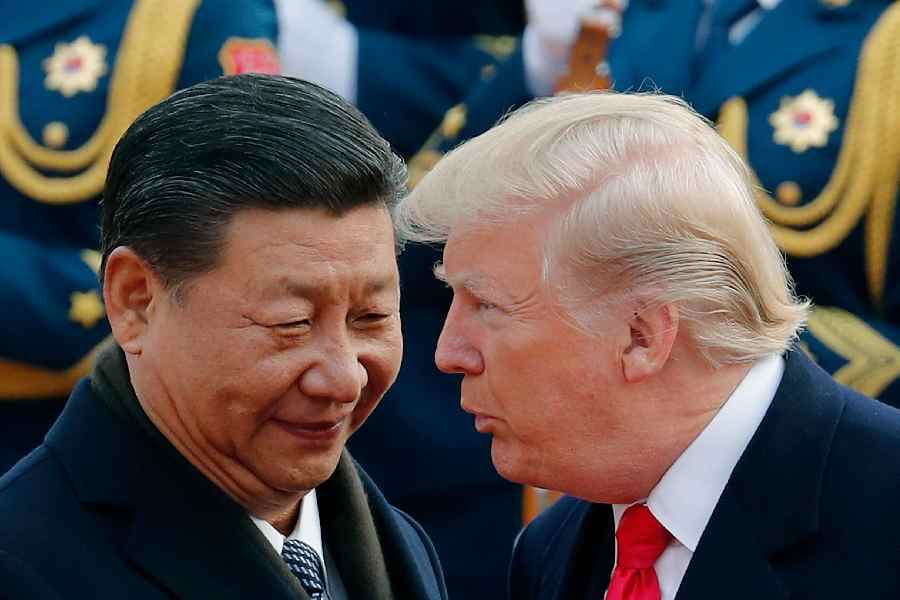The Chinese Embassy spokesperson has called for India to stand by China to overcome challenges posed by the tariffs imposed by US President Donald Trump.
In a post on X, Yu Jing said, "China's economy is underpinned by a system that ensures steady growth, and produces positive spillovers. Chinese manufacturing is built on a complete and continually upgrading industrial system, sustained investment in R&D, and a strong focus on innovation."
Stressing on China's stance on globalisation and multilateralism, she wrote, "China is a firm defender of economic globalization and multilateralism, which has injected strong impetus into the world economy, contributing to around 30 percent of global growth annually on average. We will continue to work with the rest of the world to safeguard the multilateral trade system with the World Trade Organization (WTO) at its core."
Urging India to join hands with China in the trade war against the US, she said, "China-India economic and trade relationship is based on complimentarity and mutual benefit. Facing the U.S. abuse of tariffs, which deprives countries, especially Global South countries, of their right to development, the two largest developing countries should stand together to overcome the difficulties."
"Trade and tariff wars have no winners. All countries should uphold the principles of extensive consultation, practice true multilateralism, jointly oppose all forms of unilateralism and protectionism," she added.
Trump imposes 104 per cent tariff after Beijing misses deadline
US President Donald Trump had set an embargo of 24 hours on China to roll back its 34 per cent tariff on US imports.
However, Beijing did not give in, and once the deadline was over, Trump imposed a sweeping 104 per cent tariff on China imports effective from April 9.
China responded with a vow to "fight to the end," and promised economic countermeasures to safeguard its interests.
As a result of Trump's punishing tariffs, the global trading order that has persisted for decades has been jolted. Fears of recession are at an all-time high as worldwide stocks dip.









